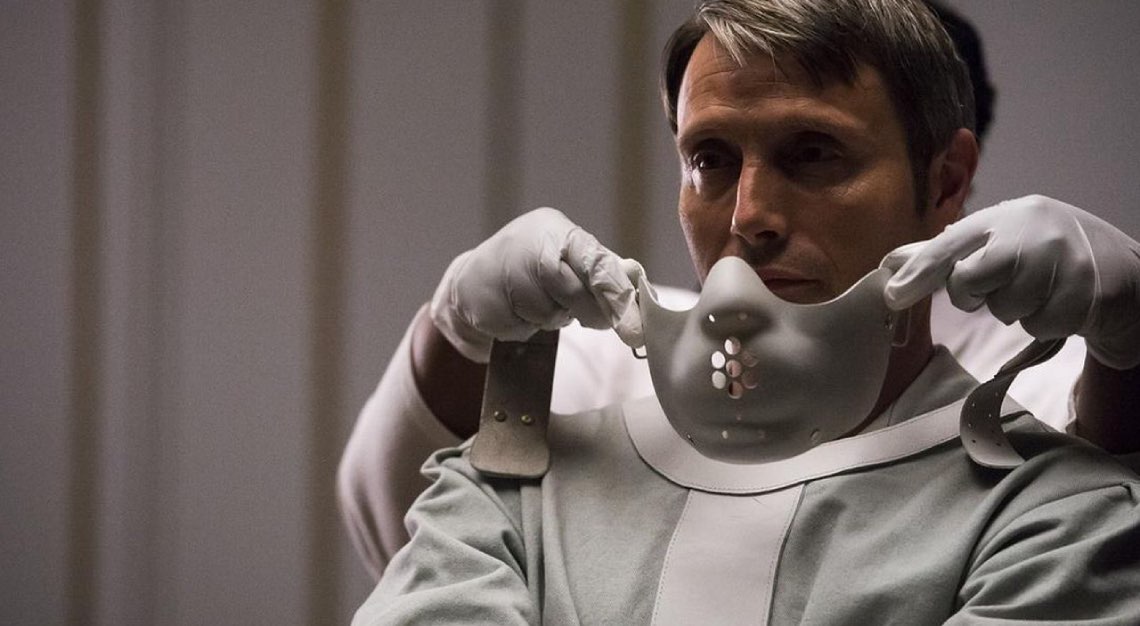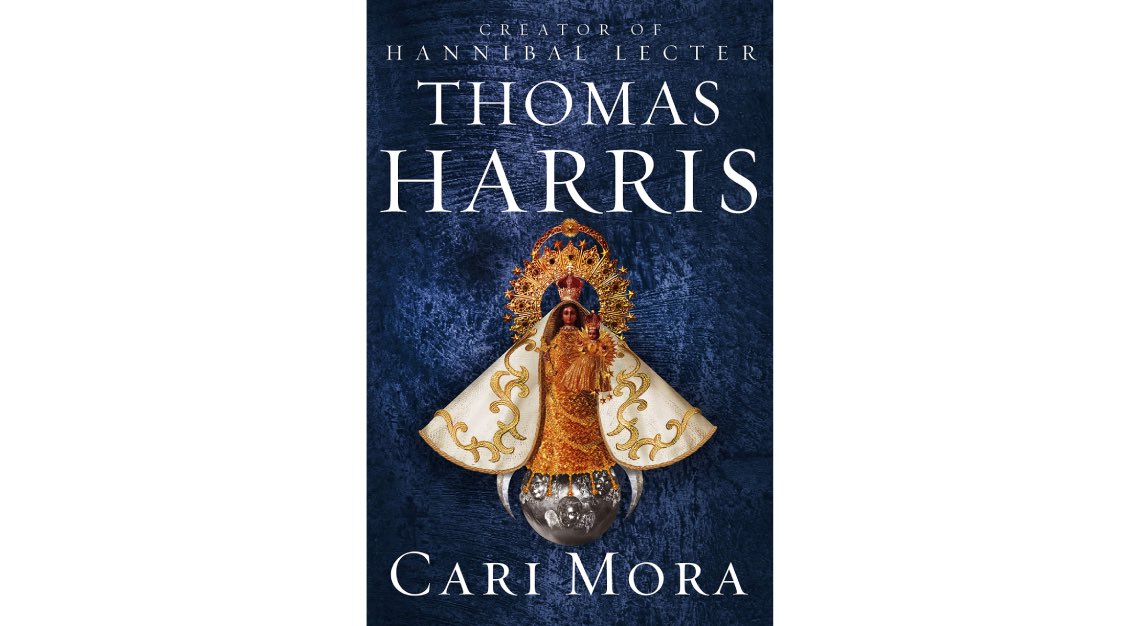Robb Report Singapore’s raving report Andrew Leci goes on a literary rant of sub-epic proportions. Not all good things come to those who wait 13 years
I love Thomas Harris as a writer. Red Dragon and The Silence of the Lambs were riveting reads, full of spice and viscera, and I even ploughed my way through his first novel, Black Sunday, as an intellectual exercise in helping to understand his craft and métier. The film was much better than the book, and the film wasn’t great.
In Cari Mora, however, Harris has served up an omnium gatherum of all the worst ingredients in his previous novels, creating characters that no one in their right minds will care about and plot lines that should have been artfully entangled, before smoothening to a conclusion, but end up going nowhere. There are enough skull fragments, human entrails and gratuitous violence to keep Harristas satisfied, but in Cari Mora, they seem like token ingredients in a largely unpalatable, half-baked dish.

What’s worse is that Harris tries to tap into the zeitgeist and weave current issues – plastics in the ocean, gun control, US immigration, human trafficking, that sort of thing – into a work that should be concentrated on stimulating our lizard brains. But he’s done it in such a ham-fisted manner that you don’t know whether to laugh or cry.
Harris’s novels are always meticulously researched, to the point at which the reader feels that it’s more important for the writer to prove what he knows (having done his homework – we all know he was a journalist focusing on crime for provincial publications in his early years) than it is to add value in a comprehensible way. Harris knows his stuff. We get it. In Cari Mora, Harris labours the point with an attention to detail that is almost masturbatory.
What’s even worse is that Harris has decided to eschew character development, rendering the protagonists with little more than thumbnails that fail to engage, across the board.

Francis Dolarhyde (Red Dragon) and Hannibal Lecter (The Silence of the Lambs, Hannibal, and Hannibal Rising) were monstrous, of course, but fascinating, nevertheless. Their back stories were compelling and elicited the soupçon of sympathy (maybe even empathy) that made them real enough, and believable enough, to gather our attention, retain it, and tickle our ‘there but for the grace of God go I’ auto-response. Their lack of an established, orthodox concupiscence beguiled us and forced us to turn the page.
Harris’s main ‘baddy’ in Cari Mora (and there are a few to choose from; mostly identikits, many cartoonish) scarcely manages to elevate his presence out of a second dimension. He’s tall, he’s pale, he’s hairless, he’s Germanic, he’s utterly amoral; what’s not to loathe? But there’s no depth in the portrayal of Hans-Peter Schneider, and we wouldn’t care less about him were it not for the fact that he has a thing for our heroine – the eponymous Cari Mora. He has plans for her that would be as distasteful as paying good money to buy this book, were they not so focused on shocking the reader and, therefore, both contrived and ridiculous.
Cari is just about the coolest woman on the planet. An immigrant to the US with a tenuous status, she was an unwilling FARC inductee in Colombia but managed to escape (of course she did) and is as adept in the kitchen as she is at using a shim to rid herself of plastic ties when bound, and delivering scrotum-shrivelling kicks to the groin of… stereotypical men, naturally.
She’s beautiful (obviously), intelligent (obviously), scarred (literally and metaphorically – like, double duh!) and every nefarious character’s wet dream. She is also as wholly unbelievable as almost every other aspect of Harris’s pale imitation of his former novels.
We all make mistakes. I still love Thomas – although I imagine that if he ever reads this, I won’t be getting a Christmas card from him this year – and both the literary and film worlds will be forever grateful for his creativity, imagination and the phlegm from the darkest inner sanctum in the palace of his mind. The 13 years of waiting, however, from Hannibal Rising in 2006, to Cari Mora, are nothing compared to the four hours I had to spend on the balcony reading a novel that fails to deliver on almost every level.
I have learnt a lot about birdlife in South Florida, automatic weapons and what lye does to a human body, but I’m not sure that’s enough to take away from a 300-page novel.
